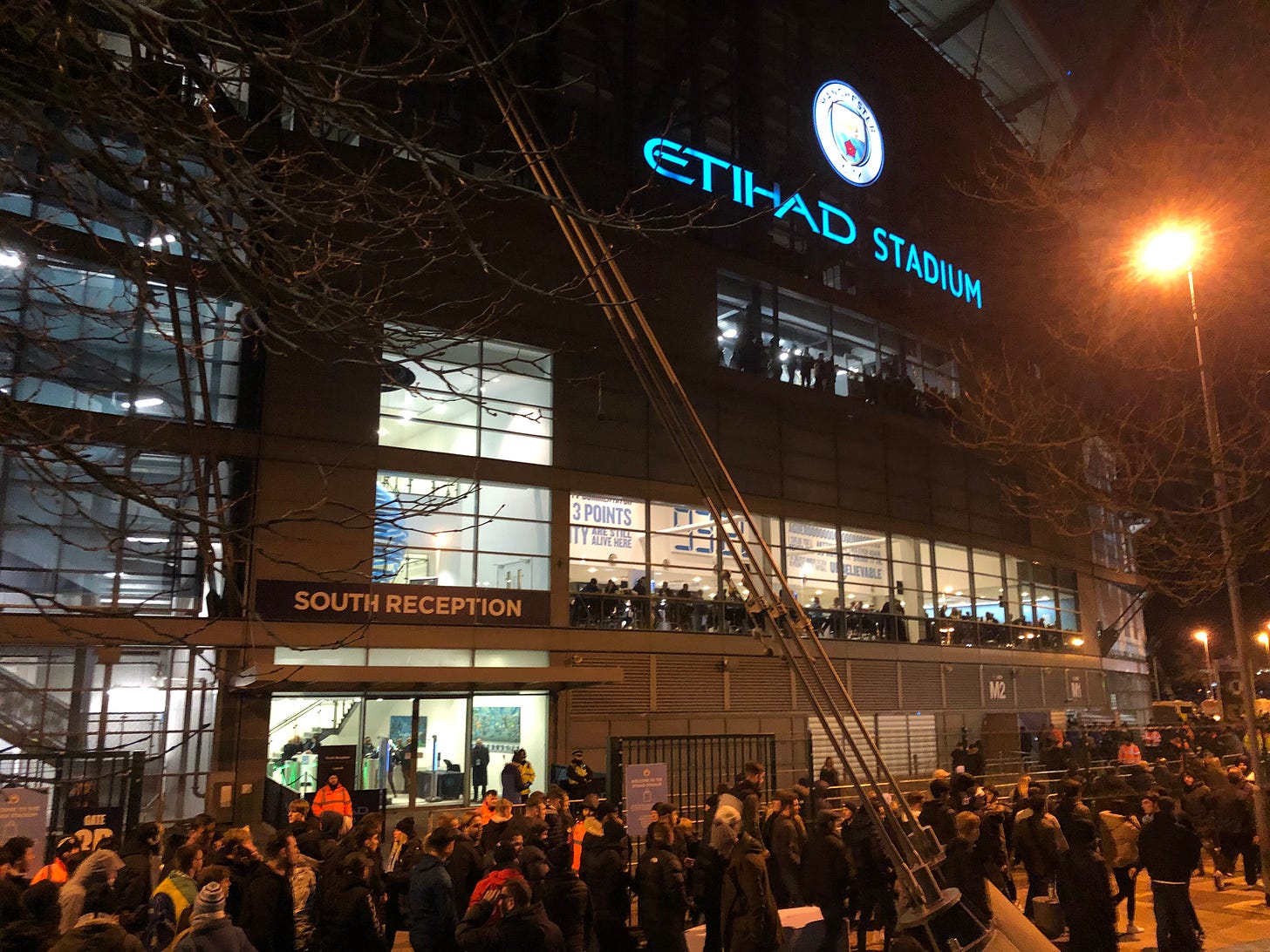Premier League civil war damages everyone.
“An act of war.” So says one senior executive of the email sent to 19 clubs by Manchester City’s legal counsel disputing and denigrating the Premier League’s response to the tribunal verdict on Associated Party Transactions. The language amongst clubs is increasingly incendiary, the atmosphere ever more toxic, the schisms ever wider and the challenge to governance ever stronger. It’s sad to see to such a successful entity as the Premier League ripping itself apart. It's very easy to lose perspective amidst the aggressive actions and inflammatory comments and for some of those involved not to see the damage caused.
The Premier League rule-book clearly needs updating and bringing more into line with competition laws. City have a valid point about shareholder loans. Other clubs need to accept that. But the process needs to be done through consensus, not confrontation. All the clubs, including City, need to remember they are stronger together, working with the league executive. Richard Masters may lack the natural authority of his predecessor, Richard Scudamore, but then “Scud” never had to deal with European Super League plotters and lawyers, lawyers everywhere.
As one experienced club official reflected of the League, “They are caught in the middle of an existential culture/business war of USA v sovereign wealth systems. And I don’t think anyone in Premier League HQ ever expected their jobs to be at this level. They have made many mistakes and the biggest is being seen to take sides when the League needs consensus as well as terrible failure to lead from the front with winning arguments about what makes English football special and why we need to keep it looking and feeling more like it has for 150 years and less like a courtroom drama and global plaything.”
Masters and his organisation have been weakened by these legal challenges, even score-draws like the one with City over APTs. The three judges did not find the APT rules were in breach of competition law but that some of the changes made in February were, particularly on the definition of fair market value. The awarding of costs might give a better clue as to who truly won.


